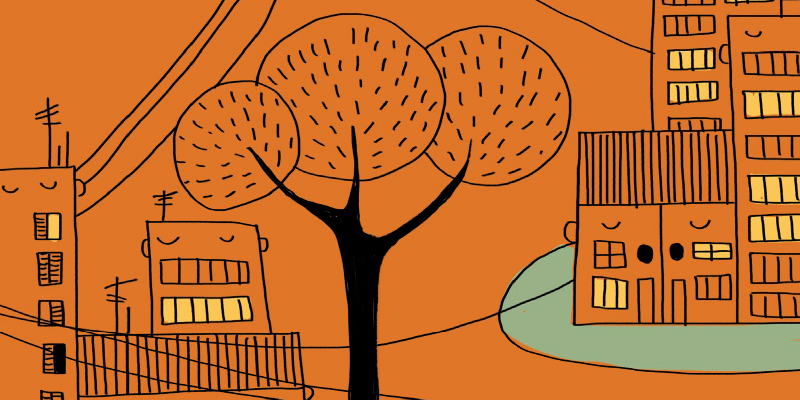
Resumo
Este artigo é um desdobramento da pesquisa “Povos indígenas e a (co)criação artificial”, apresentada durante o Seminário Inteligência Artificial em Processos Criativos, realizado pelo Centro de Pesquisa e Formação (CPF) do Sesc São Paulo, em 2023. Um dos objetivos da pesquisa é continuar trazendo à luz o fenômeno do uso de tecnologias digitais por povos originários e as transformações que essas vêm provocando na configuração cultural, identitária e social desses povos. O método utilizado para realizar este estudo foi o de pesquisa documental, a partir da leitura de textos e observações de imagens e vídeos criados por indígenas e pesquisadores. A pesquisa foi delimitada na análise de documentos que fazem parte do projeto de pesquisa: “INDIGENIA: IA generativa para futuros indígenas e ‘Digital Boa vida’” (Título original: INDIGENIA: Generative AI for Indigenous Futures and ‘Digital Good Living’), coordenado pela professora Thea Pitma e pelo professor Andreas Rauh e equipe em 2023/2024, financiado pelo ESRC Digital Good Network e desenvolvido em parceria com a University of Leeds, com a Dublin City University, com a, Universidade Estadual de Maringá (UEM), com a ONG Thydêwá e com a Associação Indigenista de Maringá (Assindi). Fui convidado para participar desse projeto, por meio do qual foi possível analisar as percepções de 17 artistas indígenas sobre o uso do software de inteligência artificial (IA) generativa para a criação de imagens por meio do Midjourney. Esses artistas são de quatro países da América do Sul (também chamada de Abya Yala por eles): Argentina, Bolívia, Brasil e Chile. Um dos resultados do estudo foi a criação de um manifesto com diretrizes a serem seguidas pelos criadores e usuários de ferramentas digitais, a fim de contribuir com a construção de tecnologias que sejam responsáveis e promovam o bem-estar digital e social; outro resultado foi a idealização de se construir um software de IA regenerativa a partir do diálogo com artistas indígenas e levando em consideração os princípios presentes no manifesto.
Palavras-chave: Povos indígenas. Tecnologias digitais. Inteligência artificial.
Abstract
This article is an extension of the research “Indigenous Peoples and
Artificial (Co)Creation,” presented during the Artificial Intelligence in
Creative Processes Seminar, held by the Research and Training Center
(CPF) of Sesc São Paulo in 2023. One of the research objectives is to continue
shedding light on the phenomenon of indigenous peoples’ use of digital
technologies and the transformations these technologies provoke in the
cultural, identitary and social configuration of these peoples. The method
used for this study was documentary research, based on the analysis of
texts and observations of images and videos created by indigenous peoples
and researchers. The research focused on analyzing documents related
to the project: “INDIGENIA: Generative AI for Indigenous Futures and
‘Digital Good Living’,” coordinated by Professor Thea Pitma, Professor
Andreas Rauh and their team in 2023/2024, funded by the ESRC Digital
Good Network and developed in partnership with the University of Leeds,
Dublin City University, Universidade Estadual de Maringá (UEM),
Thydêwá NGO, and the Indigenous Association of Maringá (Assindi). I
was invited to participate in this project, through which it was possible to
analyze the perceptions of 17 indigenous artists regarding the use of generative
artificial intelligence (AI) software for the creation of images via
Midjourney. These artists are from four countries in South America (also
known as Abya Yala by them): Argentina, Bolivia, Brazil and Chile. One
of the study’s outcomes was the creation of a manifesto with guidelines
to be followed by creators and users of digital tools, aiming to contribute
to the development of responsible technologies that promote digital and
social well-being; another outcome was the conceptualization of building
regenerative AI software through dialogue with indigenous artists and
considering the principles outlined in the manifesto.
Keywords: Indigenous peoples. Digital technologies. Artificial intelligence
Baixe o artigo completo:
Utilizamos cookies essenciais para personalizar e aprimorar sua experiência neste site. Ao continuar navegando você concorda com estas condições, detalhadas na nossa Política de Cookies de acordo com a nossa Política de Privacidade.